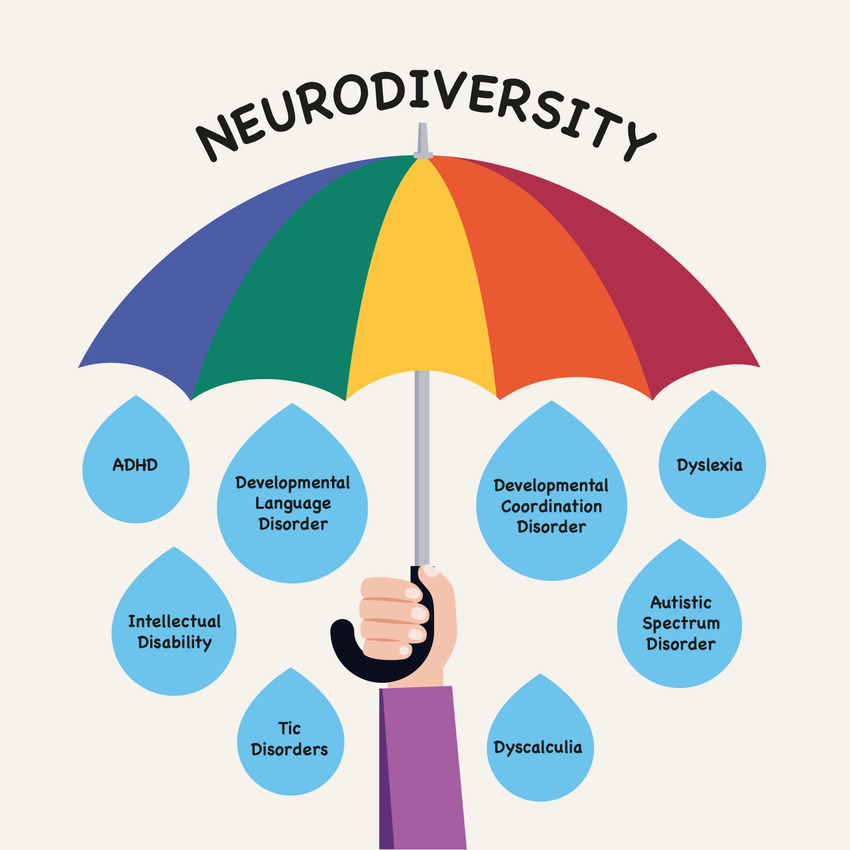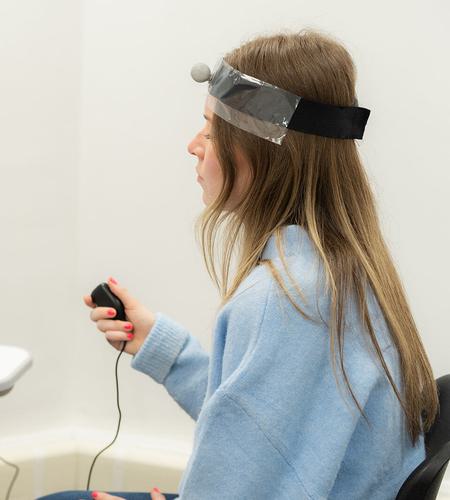ADHD
Attention Deficit Hyperactivity Disorder (ADHD) is a lifelong condition that typically affects a person’s ability to use and control their attention and concentration. Some, but not all, people with ADHD will have higher levels of activity, or may behave in ways that are impulsive. There are many people with ADHD and this is increasing as people are becoming more aware of it.
Signs of ADHD
ADHD and what to look for
ADHD can present in a variety of ways depending on the person, but you may notice some, or all of the following in a person with ADHD.
Challenges in maintaining attention
Challenges with organisation
Challenges with listening to or following instructions
Appears not to listen
A tendency to interrupt
Challenges with waiting their turn
Easily distracted
Forgetfulness
A tendency to lose belongings
A need to move and fidget
Often noisy
Excessive movement
About ADHD
ADHD is a lifelong condition that typically affects a person’s ability to use and control their attention and concentration. Some, but not all, people with ADHD will have higher levels of activity, or may behave in ways that are impulsive. These are the result of differences in the brain that a person is born with. There are many people with ADHD.
There are three types of ADHD:
- ADHD combined- this is the most common type when someone presents with significant differences in activity and impulsivity and attention and concentration
- ADHD inattentive - this is when someone has significant differences with their attention and concentration but not with activity and impulsivity
- ADHD impulsive/hyperactive- this is the least common with significant differences only in their levels of activity and impulsivity
You may also have heard of some other terms including ‘neurodevelopmental condition’, ‘neurodiversity’, ‘neurodivergent’ and ‘neurotypical’.
- Neurodiversity describes how all our brains are different. We are all part of neurodiversity.
- Neurotypical refers to the majority of people, whose brains work in largely similar ways to one another.
- Neurodevelopmental condition refers to specific patterns of difference in the way someone’s brain develops, such as ADHD, autism, or a developmental language disorder (DLD).
Neurodivergence is an ‘umbrella’ term for a range of neurodevelopmental conditions. There is no one list of neurodevelopmental conditions, but neurodivergence often includes ADHD, autism, DLD, dyslexia and dyspraxia.

What to expect from an assessment with us
As a parent or carer you will have a developmental history with one of our clinicians. Your child may have a Qb Test and a one to one activity session.



